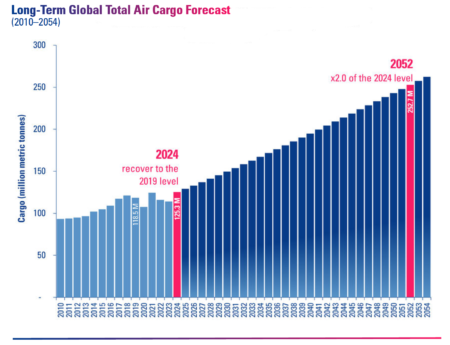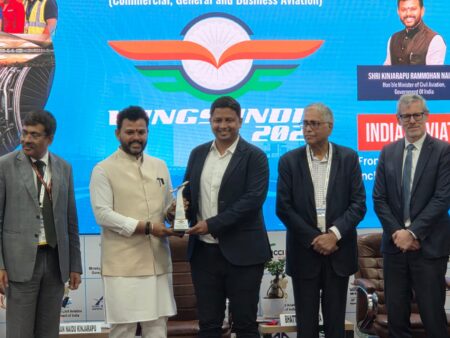The Clearview Summit 2024, hosted by Kale Logistics Solutions on October 18-19 in Istanbul, Türkiye, brought together industry leaders from eight countries to discuss vital issues impacting the air cargo and logistics sectors, including collaboration, e-commerce, artificial intelligence (AI), and sustainability.

Data utilisation and cybersecurity
A significant topic of discussion was the growing importance of data within the logistics sector. Participants examined challenges related to data protection, quality, and security risks. Emphasis was placed on real-time data as essential for enhancing supply chain efficiency and agility. A SWOT analysis revealed opportunities to leverage strengths like cost efficiency and real-time data availability while addressing weaknesses related to data quality and reliance on third-party providers.
Collaboration vs. confrontation
The panel delved into the current state of collaboration in the industry. While Europe has established structured processes, regions like the Indian subcontinent continue to face operational hurdles. Participants unanimously advocated for a more community-driven approach, underscoring the importance of CCS to foster transparent data sharing and improved coordination among stakeholders.
Cargo Community Systems (CCS)
A central theme at the summit was the global implementation of CCS, essential for streamlining logistics and ensuring efficient data exchange. A recommended top-down approach—beginning with local communities and expanding nationally—was discussed. CCS are viewed as vital in creating win-win scenarios for all stakeholders, enhancing transparency and operational efficiency.
E-commerce and air cargo
E-commerce emerged as a significant catalyst for air cargo growth, accounting for 80 percent of cross-border shipments. Projections indicate that e-commerce could represent 30 percent of air cargo volumes by 2027. The dialogue emphasised the necessity for scalable and agile logistics solutions to support this anticipated growth, particularly with China playing a pivotal role in global e-commerce supply chains.
Sustainability in aviation
A major focus of Day 2 was the aviation sector’s role in global sustainability efforts. Despite contributing only 2–3 percent of global carbon emissions, the industry’s environmental impact garners disproportionate public scrutiny. While advancements in fuel efficiency have been made, the increasing number of flights has counterbalanced these gains. The panel acknowledged ongoing public sentiment around “flight shame” and its implications for the industry’s future.
Capacity constraints
As e-commerce continues to surge, concerns regarding the capacity of air and ground infrastructure have come to the forefront. Existing airport warehouses and cargo hubs are nearing full capacity, necessitating increased investment in IT systems, automation, and warehousing to meet future demand. Regional imbalances in import and export operations further complicate capacity challenges.
Sustainability challenges
Participants discussed formidable challenges in achieving carbon reduction goals by 2050. While electrification and Sustainable Aviation Fuels (SAF) present potential pathways forward, the technology for complete decarbonisation remains underdeveloped. The high costs and limited availability of SAF cast uncertainty over the industry’s long-term sustainability strategy.
Final remarks
The Clearview Summit 2024 highlighted the need for collaboration, innovation, and investment in the air cargo sector. Recommendations include enhancing data quality through CCS, expanding warehousing and automation, and accelerating SAF development to meet climate goals and drive growth.











